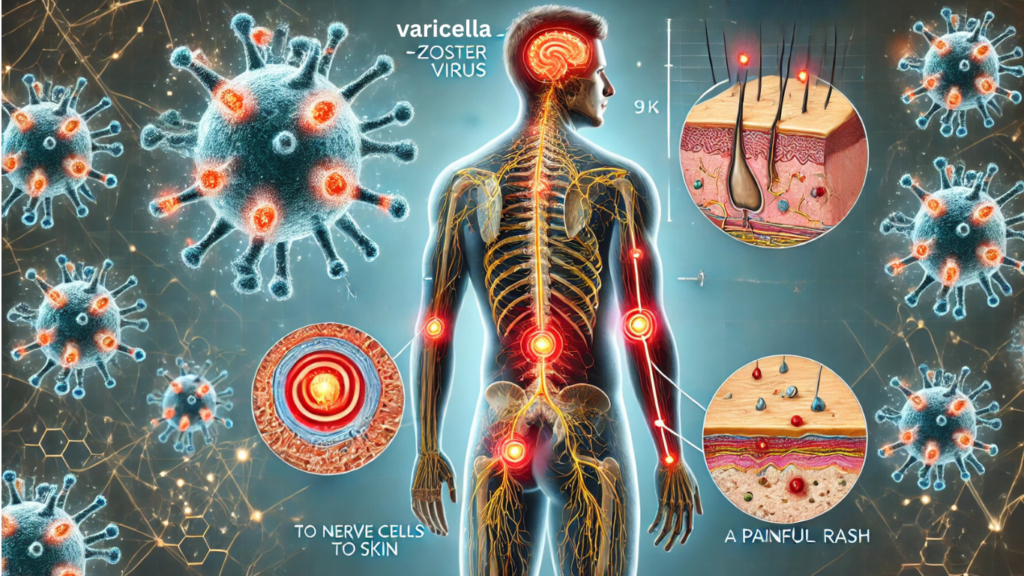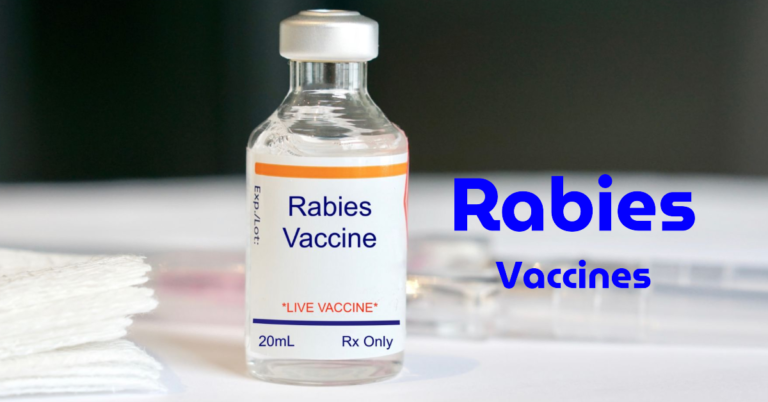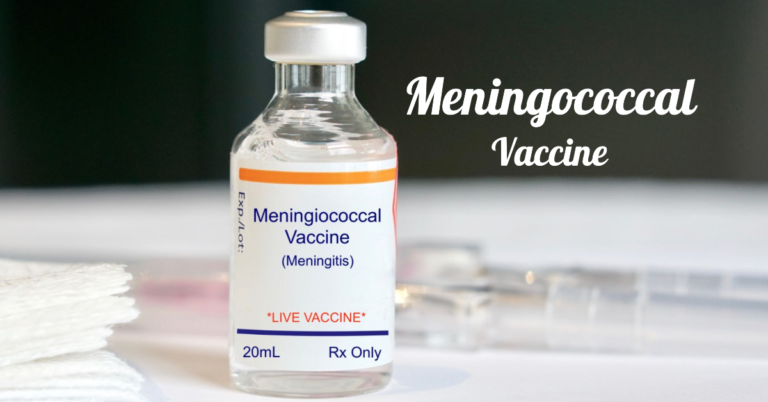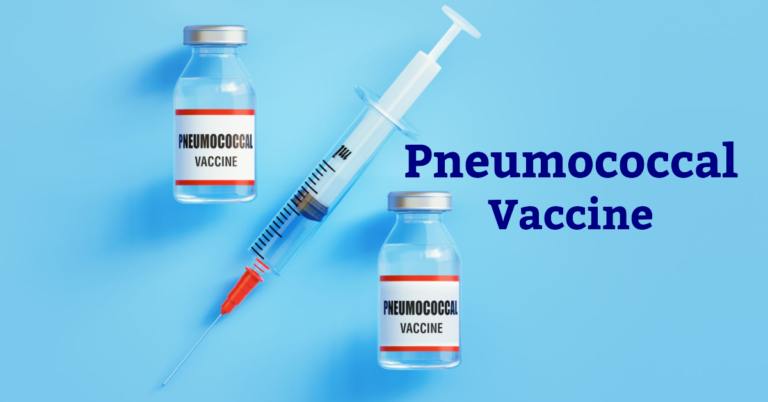
Shingles is a painful condition that affects millions of adults worldwide, particularly those over 50. The Shingles vaccine is an effective way to protect against this painful outbreak and its complications. In this article, we’ll explore what shingles is, who is at risk, how the Shingles vaccine works, and why it’s crucial for adults to consider getting vaccinated.
Understanding Shingles
The varicella-zoster virus, which also causes chickenpox, reactivates to cause shingles. Once a person recovers from chickenpox, the virus remains dormant in their nerve cells and can reactivate years later, causing shingles. Symptoms include a painful rash, blistering, and nerve pain, which can persist for months or even years if left untreated.

Who is at Risk?
Adults over the age of 50 are at higher risk for developing shingles, especially if they have weakened immune systems. Past chickenpox patients are vulnerable because the virus remains dormant. The Shingles vaccine is recommended to reduce the risk of these outbreaks and alleviate the severity of symptoms. Learn about CDC guidelines to determine if you are at risk.
The Shingles Vaccine Explained
The Shingles vaccine comes in two main types: Shingrix and Zostavax. Shingrix is the most commonly recommended vaccine and is known for its high effectiveness rate. Despite its continued availability, fewer people use Zostavax because of its lower efficacy. Both vaccines work by boosting the body’s immunity against the varicella-zoster virus, reducing the likelihood of shingles outbreaks.
How the Vaccine Works
The Shingles vaccine helps the immune system recognize and fight the varicella-zoster virus more efficiently. By boosting immunity, the vaccine significantly lowers the risk of developing shingles and its complications, including severe pain and postherpetic neuralgia (PHN).
Who Should Get the Shingles Vaccine?
The CDC recommends the Shingles vaccine for adults over the age of 50, regardless of whether they recall having chickenpox. This is because nearly all adults born before the varicella vaccine was introduced have been exposed to the virus. Additionally, those with weakened immune systems or other health conditions should consult their healthcare provider about the best time to receive the vaccine.
Special Considerations
Adults with compromised immune systems, such as those undergoing chemotherapy or with chronic illnesses, should discuss the timing and type of the Shingles with their doctor. Pregnant women are advised to consult their healthcare provider, as vaccination might not be recommended during pregnancy.

Benefits of the Shingles Vaccine
Pain Prevention
The Shingles vaccine is known for its effectiveness in preventing severe pain associated with shingles. By reducing the severity and duration of outbreaks, the vaccine can minimize long-term complications like postherpetic neuralgia, a condition that causes persistent nerve pain even after the shingles rash has healed.
Long-term Protection
One dose of the Shingles, particularly Shingrix, provides long-term protection against shingles. Adults are encouraged to follow up with their healthcare provider for any necessary booster shots, which can further extend immunity and protection.
Common Side Effects and Safety
The Shingles Vaccine is generally safe, but like any vaccine, it may cause mild side effects. These can include soreness at the injection site, fatigue, or a mild fever. These symptoms typically resolve within a few days and are far less severe than the pain associated with a shingles outbreak. Visit WebMD for a full breakdown of potential side effects.
Outbreak Prevention and What to Expect
Before Getting the Vaccine
Adults considering the Shingles vaccine should schedule a consultation with their healthcare provider. This step ensures that individuals receive the vaccine at the right time and with the correct dosage, maximizing its effectiveness.
What to Expect After the Shot
After receiving the Shingles, it’s normal to experience mild side effects, such as soreness at the injection site. In rare cases, individuals may feel fatigue or a low-grade fever. These symptoms typically subside within a few days, and individuals are advised to rest and stay hydrated.
FAQs About the Shingles Vaccine
1. Can You Still Get Shingles After Vaccination?
Yes, while the Shingles significantly reduce the risk, no vaccine offers 100% protection. However, vaccinated individuals typically experience milder symptoms and a shorter duration if they do contract shingles. Explore the CDC’s FAQ for more information.
2. How Often Do You Need the Vaccine?
Shingrix is administered in two doses, typically two to six months apart. After the initial doses, adults may need a booster shot every 10 years for ongoing protection. It’s essential to consult a healthcare provider to keep up with the vaccination schedule.
3. What Happens if You Miss a Dose?
If you miss the second dose of Shingrix, consult your healthcare provider. It’s important to complete the full dosage to ensure the best protection against shingles. Even if some time has passed, it’s never too late to complete the vaccination.
The Shingles vaccine is a vital tool in protecting adults from the pain and complications associated with shingles. If you’re over 50 or have a weakened immune system, getting vaccinated is a proactive step toward maintaining your health and well-being.





Woah! I’m really digging the template/theme of this site. It’s simple, yet effective. A lot of times it’s difficult to get that “perfect balance” between user friendliness and appearance. I must say you have done a awesome job with this. Also, the blog loads very quick for me on Internet explorer. Outstanding Blog!
thanks
[…] Shingles Vaccine: Protecting Against Painful Outbreaks in Adults […]